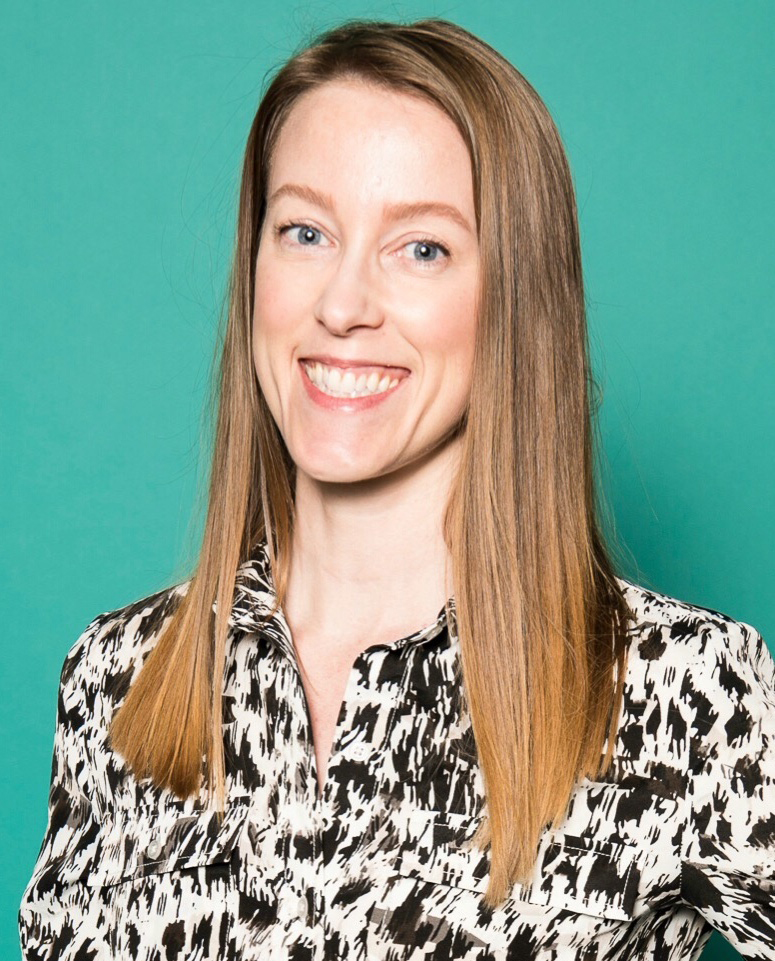Toronto Tech Study
Towards a more inclusive tech sector in the #MeToo era

Toronto, Canada has the fastest growing tech sector in the world, employing 234,000 people at the end of 2017. As a hotbed of job growth and innovation, the competition to attract and retain talent is fierce. And yet, a recent survey found that women are underrepresented in Toronto Tech, and we know that hostile work environments are a key factor impacting their retention in tech roles.
The wave of #MeToo headlines since late 2017 have made it clear that workplace sexual harassment remains a pernicious problem, with a number of high-profile scandals unfolding at organizations considered to be Silicon Valley success stories. In Canada, 52% of women and 22% of men report that they’ve experienced workplace sexual harassment, and 40% of Canadians say that there is ‘some’ or ‘a lot’ of sexual harassment in their workplaces. Yet 70% of sexual harassment goes unreported at work.
It’s essential for organizations and employees that we do better. Critical to effectively addressing any complex problem like harassment is a thorough and nuanced understanding of the issue in context.
The Aperta Project’s Toronto Tech study is aimed at helping leaders, HR professionals, and tech workers cultivate a more inclusive and welcoming tech sector by bridging the divide between how organizations and decision-makers perceive sexual harassment, and the first-person experiences of individuals who experience it.
In partnership with researchers at the Cynefin Centre, this study utilizes Cognitive Edge’s SenseMaker® platform to securely and anonymously collect first-person narrative accounts of experiences and perceptions of sexual harassment in the Toronto tech sector. These narratives present a unique opportunity to bring a broader set of voices into the exploration of this complex challenge, generating new, co-designed, and actionable insights to address it.
The data and narratives collected will be shared with stakeholders in Toronto’s tech ecosystem in the Fall of 2019 as the basis for the co-development of strategies and interventions to more effectively address sexual harassment and cultivate more inclusive workplaces.
Please note: Participating in this study will involve questions about sexual harassment; you are encouraged to use discretion if this can be a trigger for you.
Participate in the Study

Q1
What are you going to do with the information you’re collecting as part of the study?
A: We want to help stakeholders and decision makers in the tech sector understand what tech workers experience, through their stories. Our data analysis and the narratives we collect will be brought to working groups made up of tech workers, tech leaders, and other ecosystem actors (like VCs, advisors, and tech community networks). Through facilitated workshops, these working groups will co-design and implement organization and community-level interventions and strategies to more effectively address workplace sexual harassment.
Q2
How are you defining ‘Toronto tech’?
A: Great question! For the purposes of this study, we’re looking for respondents that work in any role (tech or non-tech) at tech organizations; that is, organizations whose product or service is technology-related. We also invite survey responses from individuals who may have encountered sexual harassment at tech industry events (such as meet-ups, conferences, or other social events, whether they work in tech or not).
Q3
Why is this study only looking at Toronto’s Tech sector?
A: The rapid growth of the Toronto tech sector in such a diverse city offers an exciting opportunity to help tech leaders and workers to co-create innovative new approaches to prevent sexual harassment. This benefits everyone by creating safer, more inclusive workplaces that can attract and retain a broad range of workers. We are treating this study as a pilot, and if there is interest it could be scaled to other industries or geographies.
Q4
Is this survey only open to women?
A: Nope, we know that people of all genders experience sexual harassment and we encourage all of them to participate in the study.
Q5
Who will see my survey responses?
A: The survey is anonymous in that it doesn’t collect your name or organization and asks you not to share identifying details. As you begin the survey you’ll be asked whether we can share your anonymized story as part of study workshops, presentations, or reports. If you say no, your anonymous survey responses will only be seen by the study project team (Ellie, Anna, and Jane). If you say yes, then your anonymous story may be used in project workshops, presentations, or reports, which may be presented to a subset of the public.
Q6
Is my survey response anonymous?
A: Yes. We ask that to protect that anonymity that you do not share your name, or the name of any involved individuals or organizations in your survey responses.
Q7
Don’t we already know how to address sexual harassment? Why do you need to hear about my experience?
A: We currently don’t have very effective ways of preventing sexual harassment. Research suggests that the most common type of training is not effective at preventing this behaviour, and because sexual harassment is a reflection of power dynamics in our broader society, it is a complex problem that is unlikely to be solved with brief and simple interventions on their own, like a policy or a one-hour training session. We hope that by collecting many narrative accounts of workplace sexual harassment that we can bring the ‘voice of the employee’ into the discussion about how harassment is really experienced and perceived, and that this will provide a new lens to understand and address it.
Q8
How can I see the results from the study?
A: In order to maintain your anonymity we are not collecting your e-mail address or other contact details in the survey. Instead, we invite you to sign up for our newsletter to receive updates about the study results. Or, if you’d prefer you could follow us on Twitter at @ApertaProject, or just check this website regularly for updates.

Team



